EOSC-Life brings together the 13 Biological and Medical ESFRI (European Strategy Forum on Research Infrastructures) organisations, to create an open, digital and collaborative space for biological and medical research.
The project will publish FAIR* data and a catalogue of services provided by participating Research Infrastructures (RIs) for the management, storage and reuse of data in the European Open Science Cloud (EOSC). This space will be accessible to European research communities.
The Health Data team contributes in charge and substantially to the cloud work package of EOSC-Life that is co-coordinated by Christian Lawerenz and Steven Newhouse (EMBL-EBI).
The de.NBI Cloud federation of the universities of Bielefeld, Freiburg, Heidelberg and Tübingen, the German Cancer Research Center (DKFZ) and the Charité are contributing significantly to the academic cloud resources of EOSC-Life. de.NBI Cloud offers a powerful IT infrastructure for storage and computing in combination with flexible bioinformatic workflows and analysis tools for the life science community in Germany.
Furthermore, we are involved in various cloud tasks. This includes working on the provision of resources for EOSC users, LifeScience AAI, platform and appliances development. We are involved in the cloud deployment services and aid to provide a set of integrated cloud based FAIR RI resources, workflows, and science demonstrators that are being supported within the project. Through the provided cloud resources, we aim to promote the implementation and adoption of cloud interoperability standards to ensure EOSC cloud providers are compatible with life-science services and with each other.
*Findable, Accessible, Interoperable, Re-usable
Further information can be found on the EOSC-Life Webpage.
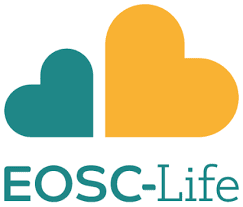


Service description goes here. Lorem ipsum dolor sit amet, in falli deterruisset pri, utroque ponderum pertinax an vis.

Service description goes here. Lorem ipsum dolor sit amet, in falli deterruisset pri, utroque ponderum pertinax an vis.

Service description goes here. Lorem ipsum dolor sit amet, in falli deterruisset pri, utroque ponderum pertinax an vis.

Service description goes here. Lorem ipsum dolor sit amet, in falli deterruisset pri, utroque ponderum pertinax an vis.

Service description goes here. Lorem ipsum dolor sit amet, in falli deterruisset pri, utroque ponderum pertinax an vis.

Service description goes here. Lorem ipsum dolor sit amet, in falli deterruisset pri, utroque ponderum pertinax an vis.

Service description goes here. Lorem ipsum dolor sit amet, in falli deterruisset pri, utroque ponderum pertinax an vis.

Service description goes here. Lorem ipsum dolor sit amet, in falli deterruisset pri, utroque ponderum pertinax an vis.
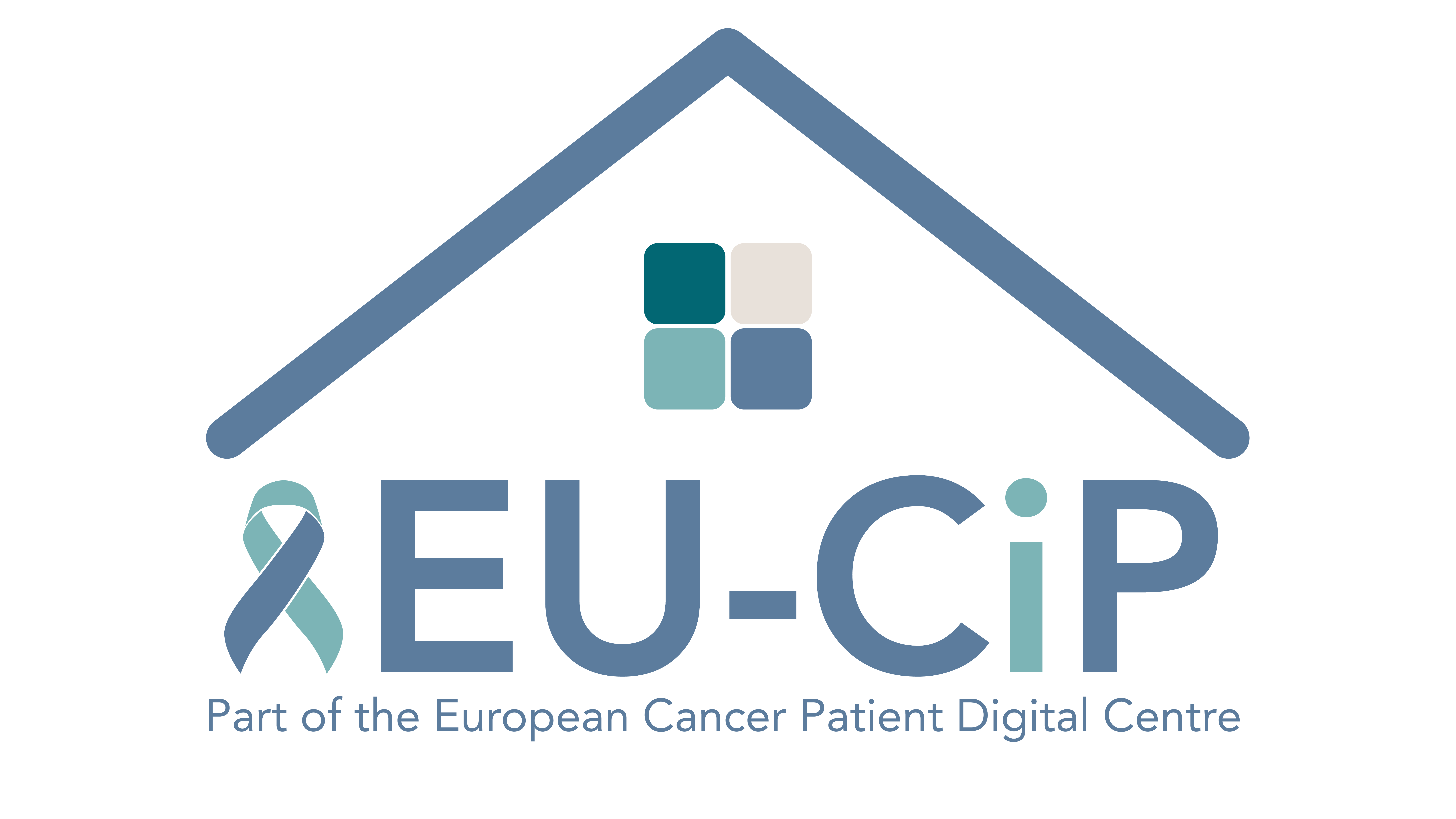
The Berlin Institute of Health at Charité (BIH) coordinates the pan-European research initiative "EU-CiP" (European Cancer Information Portal). Supported by 12 million euros from the EU’s Horizon
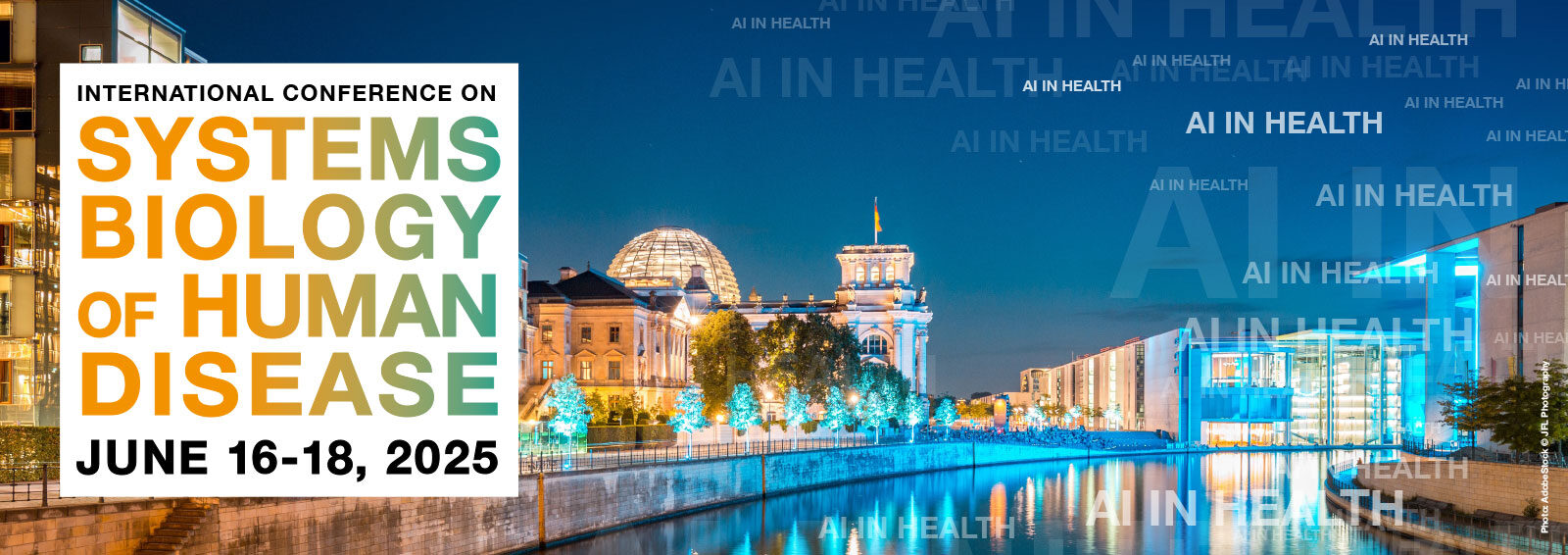
The Digital Health Center once again organises the INTERNATIONAL CONFERENCE ON SYSTEMS BIOLOGY OF HUMAN DISEASE – SBHD 2025 in Berlin from June 16-18. Don’t miss this opportunity to participate in a
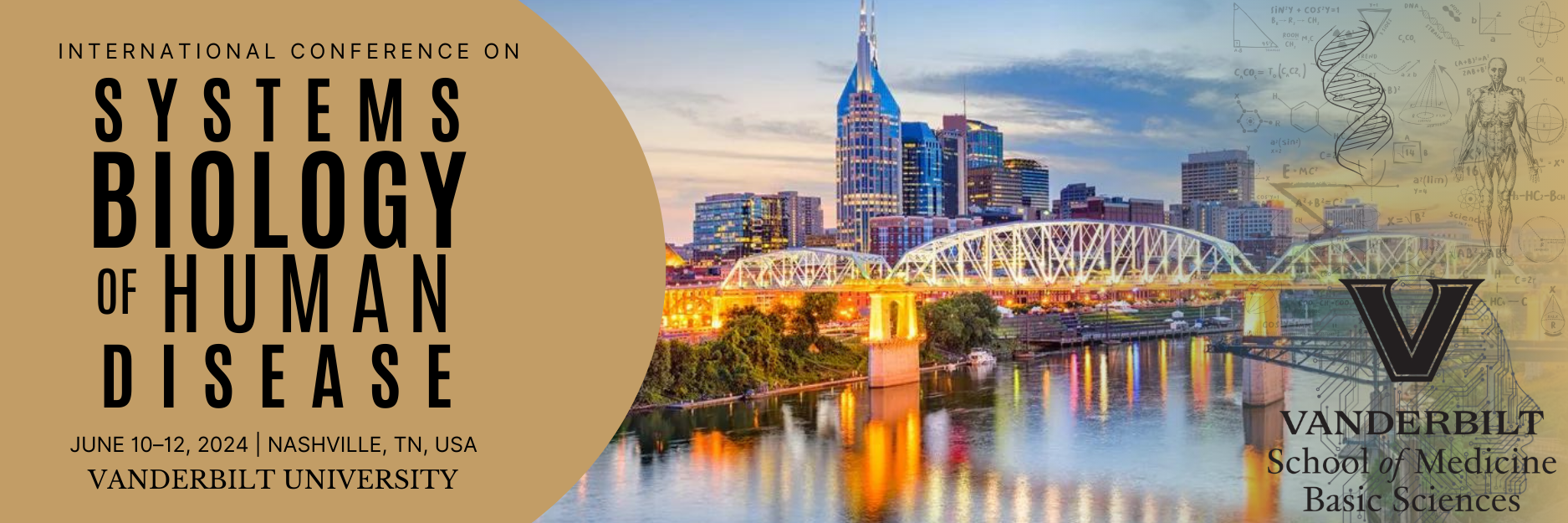
Our colleagues at Vanderbilt University organise the 16th INTERNATIONAL CONFERENCE ON SYSTEMS BIOLOGY OF HUMAN DISEASE – SBHD 2024 this year from June 10-12. Don’t miss the opportunity to participate
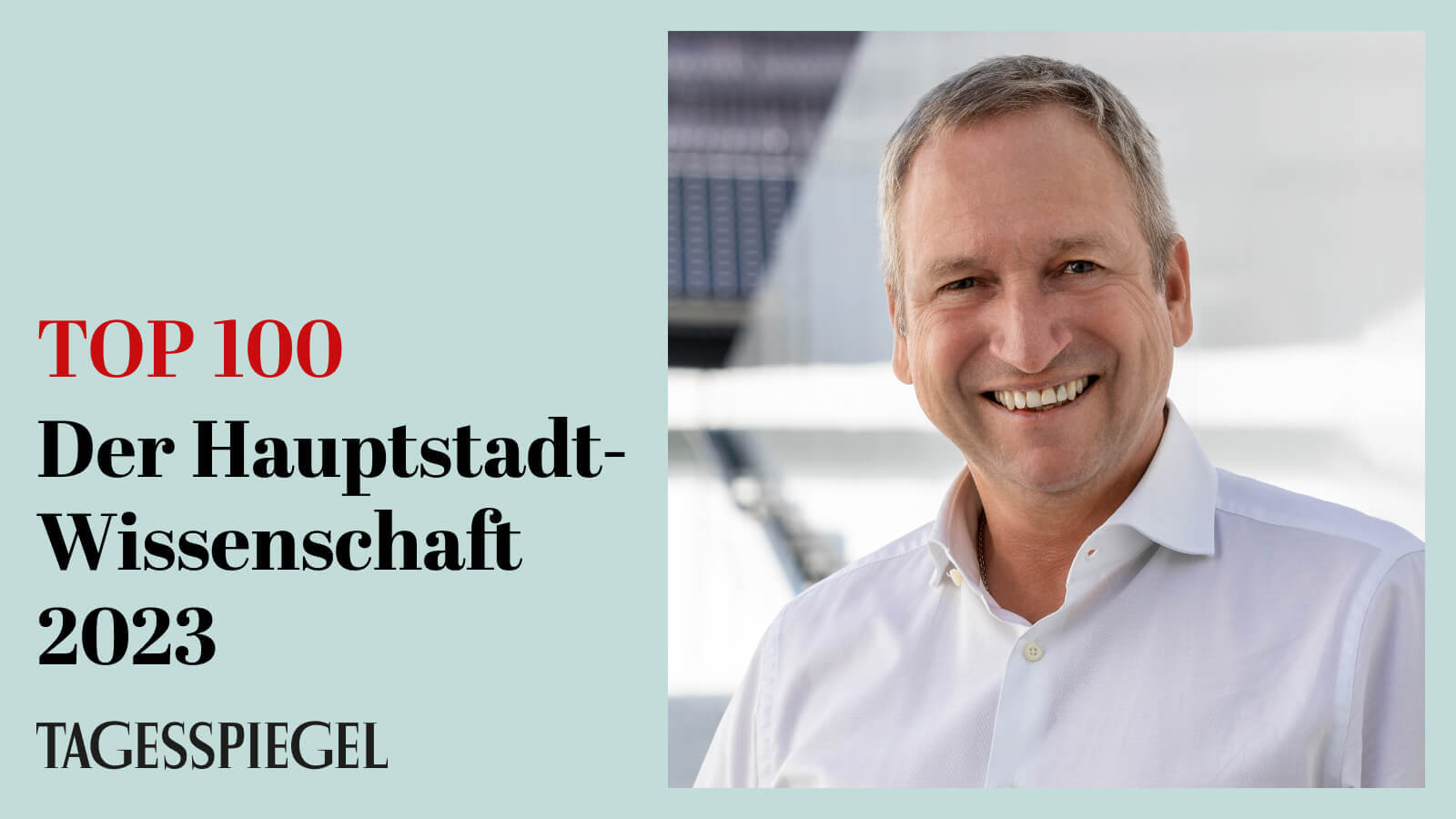
Am 11.10.2023 wurde Prof. Roland Eils im Tagesspiegel als einer der 100 wichtigsten Köpfe der Hauptstadt-Wissenschaft gewürdigt. So schreibt der Tagesspiegel: "Um Big Data dreht sich alles in der
The Hub for Innovations in Digital Health (HiDiH) brings together two independent sites of excellent research and development in Berlin and in Heidelberg. HIDIH’s major branch in Berlin is the Center for Digital Health at the Charité and the Berlin Institute of Health (BIH).
If we caught your attention, you are interested in our work and would like to get in touch with us, please contact us via franziska.mueller@bih-charite.de


